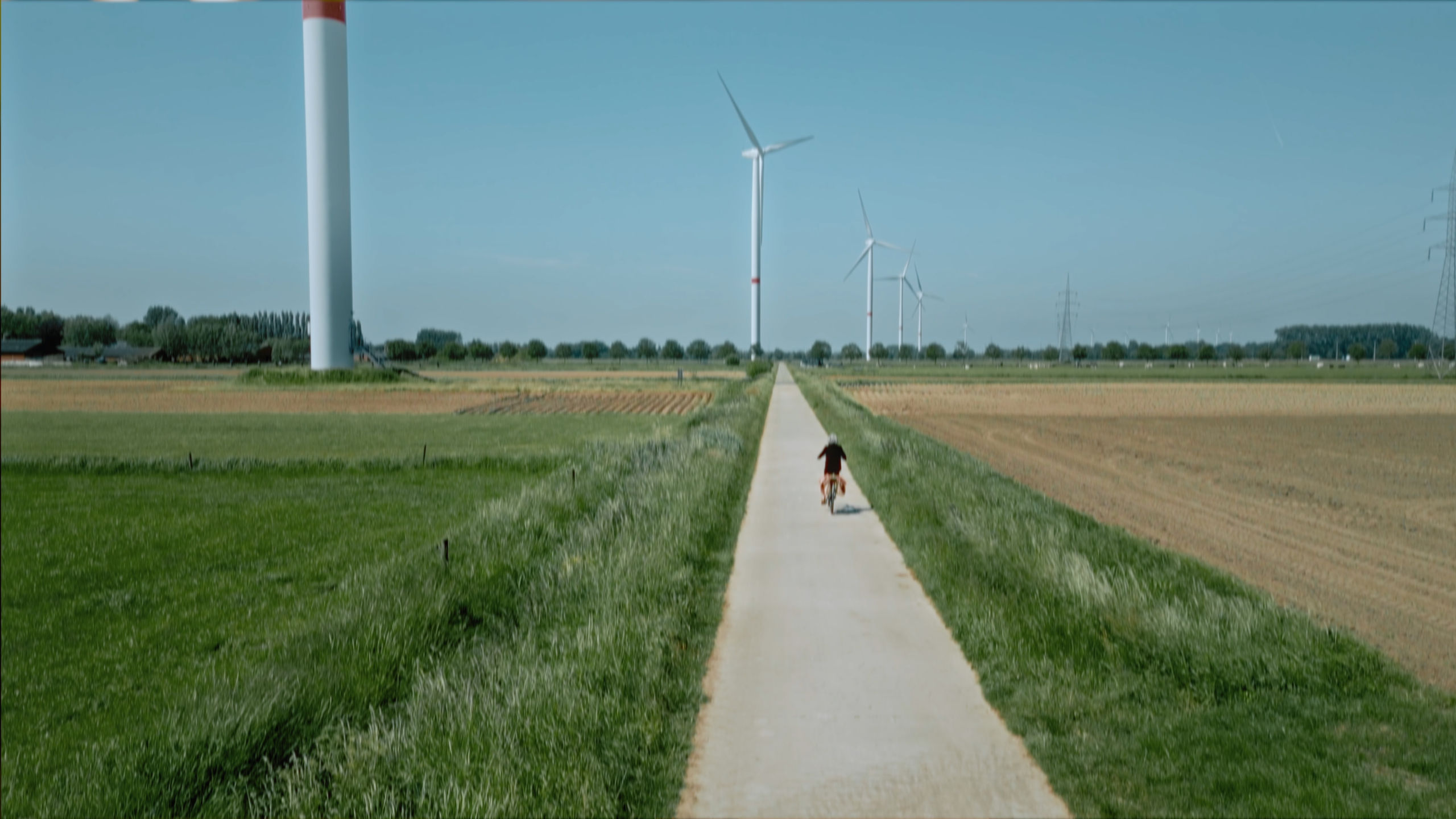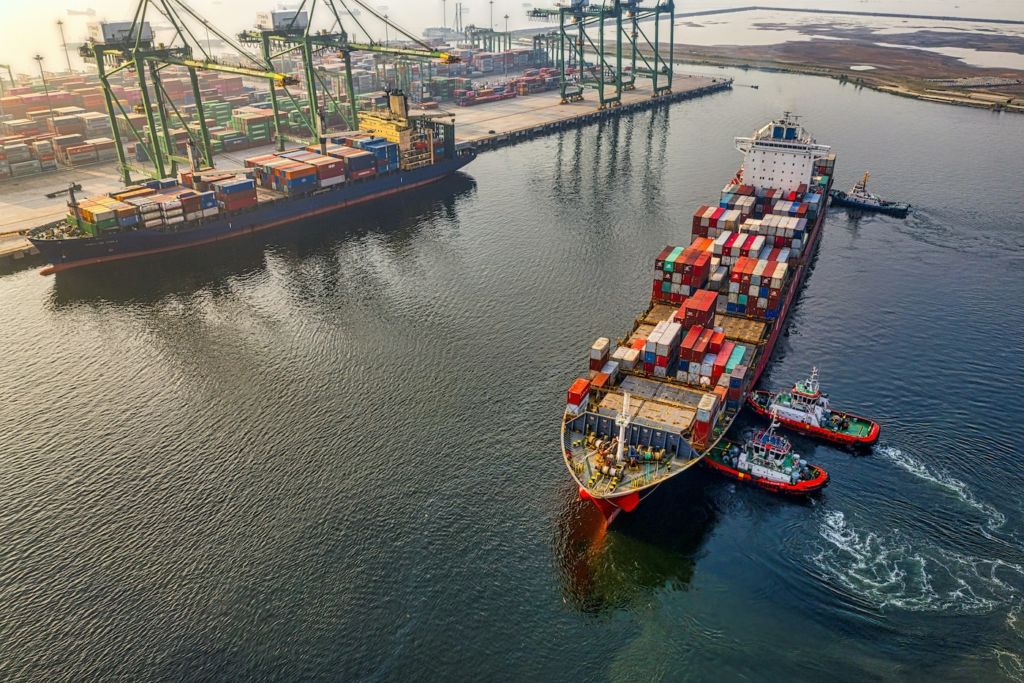The ECF has been working on the intersection of trade and climate for several years now. After all, Europe is one of the world’s climate action leaders, exemplified by its declining emissions coupled with its Green Deal target of net-zero by 2050; it is also a global trading power.
Against this backdrop, over the course of 2023 we teamed up with Foresight Intelligence to explore this topic in a new study, ‘The Future of Trade in a Net Zero World’. The work set out three potential explorative scenarios for 2040. To varying degrees, they all describe a world wrestling with growing climate impacts on trade infrastructure and agricultural production, as well as geopolitical tensions.
We found that the world of the next two decades is likely to contain unsettling surprises – from water shortages to supply chain chaos to reshoring of key industries. But we will have a better chance of navigating these challenges and securing climate-aligned outcomes through trade cooperation and reform of multilateral institutions.
Originally launched in the European Parliament, the report was presented to a global audience at the Trade House Pavilion at COP28 in Dubai. Both events highlighted the potential of trade policy as a tool for climate action, as well as trade’s relevance to the transition. They also prompted more focused debate on issues such as the need for an equitable, sustainable trade in critical raw materials, to demands for a more circular approach to traded goods, to climate-proofing maritime infrastructure.




